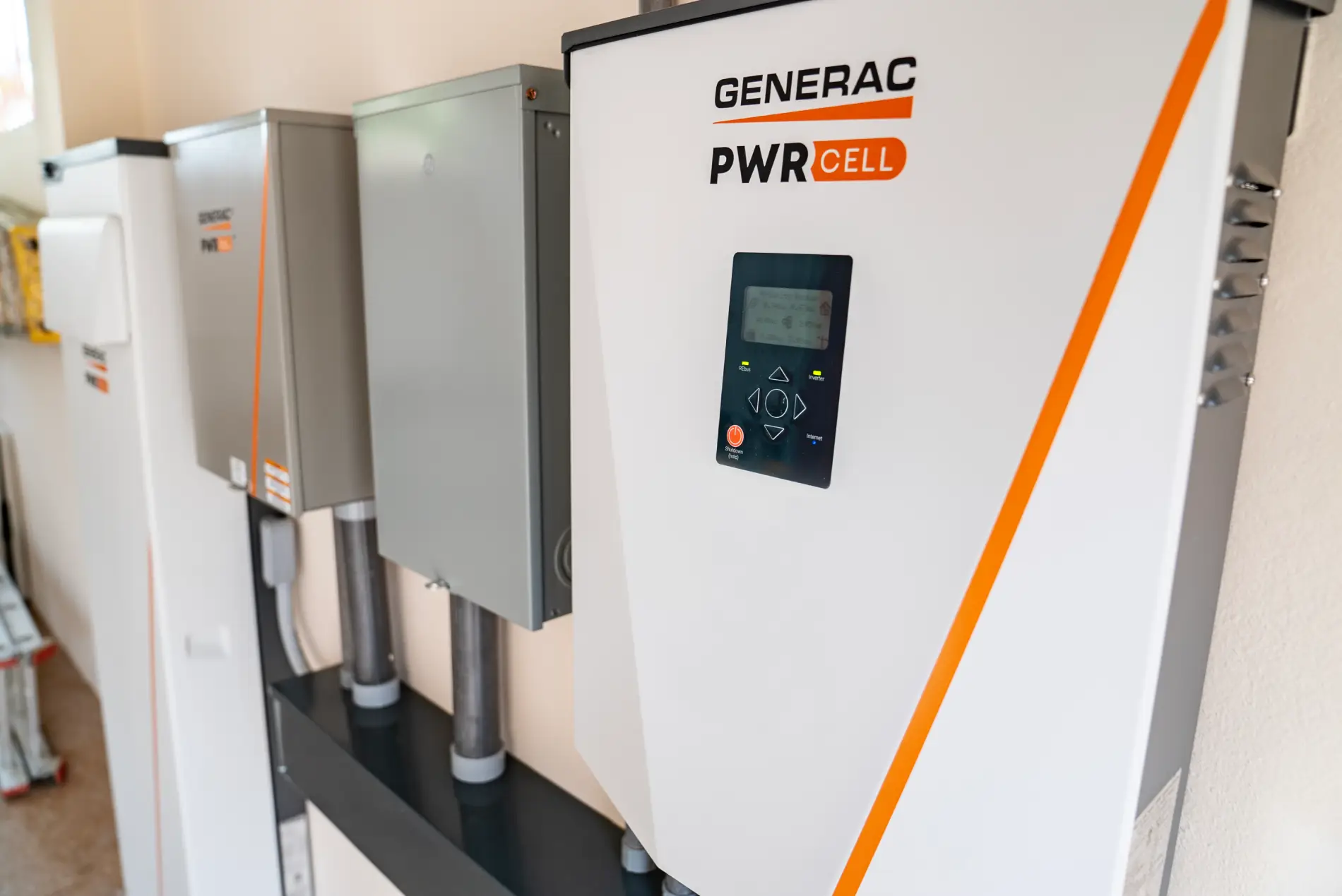The question “How much does solar cost?” is increasingly common as homeowners and businesses consider the shift to renewable energy. Understanding the costs associated with solar energy can help you decide whether or not to invest in solar panels. In this article, we’ll break down the various components that determine the overall cost of solar systems.
1. The Cost of Solar Panels
The price of solar panels has dropped dramatically over the past decade due to technological advances and increased production. As of 2021, the average cost of solar panels ranges from $2.50 to $3.50 per watt, depending on the brand, quality, and purchase scale. For a typical residential system, which might be around 5 kW, the solar panels alone could cost between $12,500 to $17,500 ( Energysage).
2. Installation Costs
While you might have a handle on panel pricing, there are also costs associated with installing them. This can include:
- Labor: This is often the most significant part of installation costs.
- Mounting equipment: The racking system to secure panels to your roof or ground mounts.
- Electrical work: Wiring, inverters, and other necessary components to connect your panels to your home and the grid.
On average, these combined installation costs can add an additional $1 to $3 per watt (Solarreviews).
3. Additional Equipment
Beyond the panels and basic installation:
- Inverters: Converts the direct current (DC) electricity from your panels into alternating current (AC) for your home. Typically, an average-sized residential system costs between $1,000 to $3,000.
- Battery storage: If you want to store excess energy, battery storage systems like the Tesla Powerwall can cost upwards of $10,000, including installation.
- Monitoring systems: These allow you to track your system’s performance. Some cost a few hundred dollars, while others might be included in your installation.
4. Permits and Fees
Solar installations require various permits from local authorities. The cost of these permits varies significantly by location, but budgeting between $500 to $2,500 would be reasonable for most residential (Energy.gov).
5. Incentives and Rebates
The good news is that numerous federal, state, and local incentives are available for solar installations. For instance:
- Federal Investment Tax Credit (ITC): As of 2021, this offers a 26% tax credit for solar installations. However, this percentage was set to decrease in the coming years, so it’s essential to check the latest rates.
- State and local rebates: Many states offer additional incentives, rebates, or tax credits (DSIRE).
6. Maintenance Costs
Solar panels are relatively low maintenance, but they aren’t entirely without costs. Cleaning, occasional component replacements, and system checks can cost a few hundred dollars annually, depending on your location and the size of your system (Energysage).
So, How Much Does Solar Cost?
Given all these variables, a “typical” residential solar installation might cost anywhere from $15,000 to $30,000 before incentives and rebates. However, many homeowners can expect a 20-50% reduction off that initial price with tax credits and other incentives.
Conclusion
Solar power is an investment, not just in terms of financial returns but also for the environment. While the initial outlay can be substantial, the long-term savings on energy bills and the positive impact on our planet make it an option worth considering for many homeowners. If you’re considering going solar, get multiple quotes and thoroughly research all available incentives and rebates in your area.

